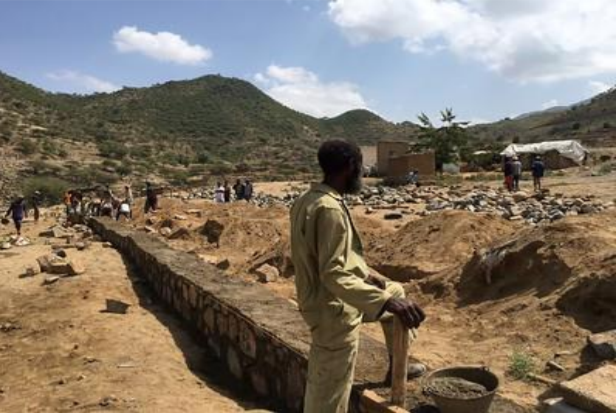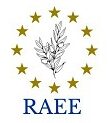Authors: Saba, M. K. Edited by Berends, E. & Føns, S
Year: November 2019
Overview
This policy brief presents evidence on the role of INGOs in human rights abuses in Eritrea. INGOs are banned in Eritrea. Only three organizations are working in the country. They can only work there because of close relations with the government. Therefore, the organizations cannot guarantee that their work does not contribute to the human rights abuses committed by the Eritrean government.

INGOs and Human Rights Abuses in Eritrea
National and international non-governmental organisations (I/NGOs) are banned in Eritrea. Those that still operate in the country do so at the discretion of the Government of Eritrea in a highly-restricted space. Only three INGOs are still working in Eritrea: Finn Church Aid (FCA), the Norwegian Refugee Council (NRC) and Irish NGO Vita. As their legal status is uncertain, the execution of their work depends on their personal relations with the government. Their presence supports the government and its policies and legitimizes the actions of the Eritrean government, which has been accused by the United Nations Special Rapporteur on Human Rights in Eritrea of widespread, systematic and gross violations of human rights and crimes against humanity. As they work as extensions of the government, they cannot guarantee that their work does not contribute to the human rights abuses committed by the Eritrean government, thereby violating the principle of ‘do no harm’. This policy brief presents the evidence on the role of INGOs in human rights abuses in Eritrea.T
